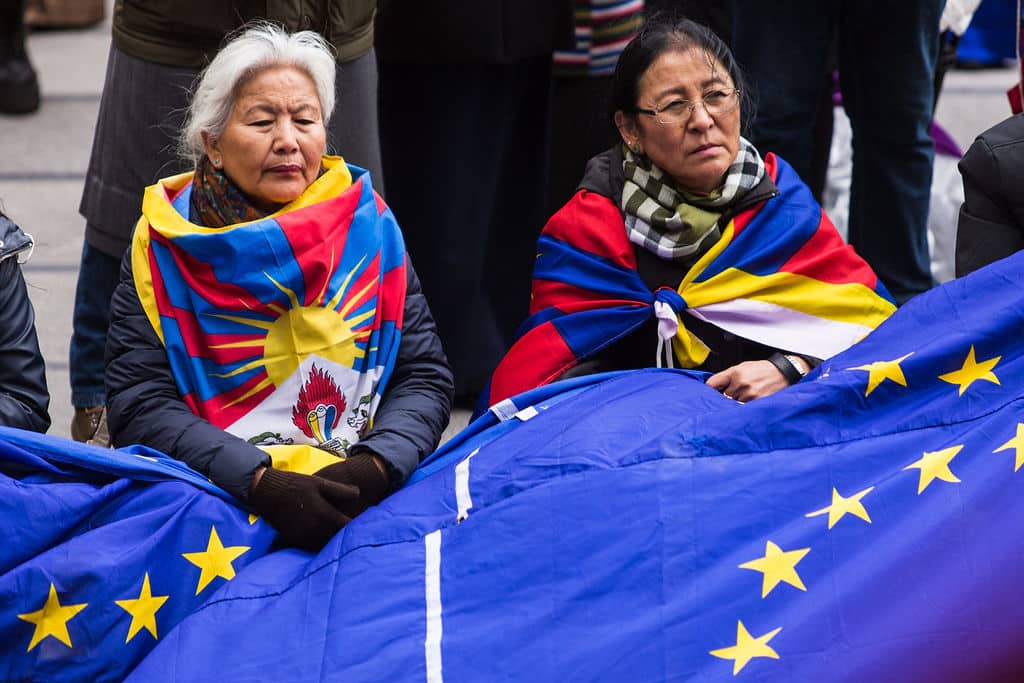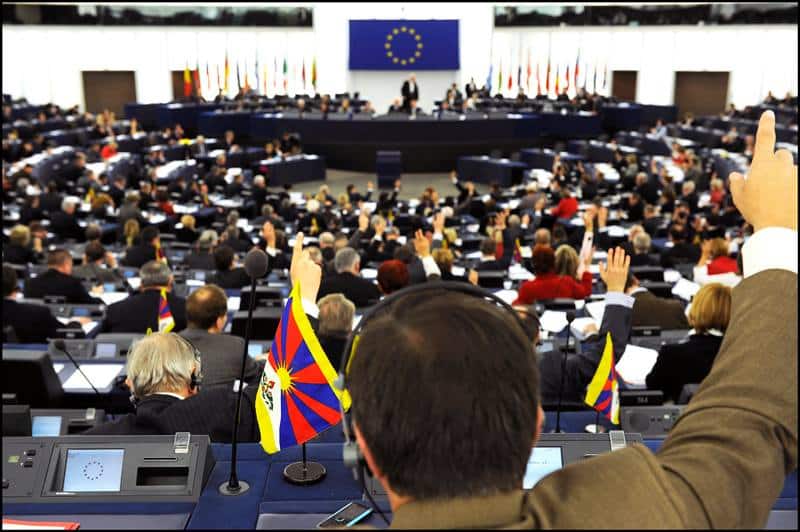



Thanks to the Tibet intergroup and its committed members, the European Parliament has:
EU4TIBET is a campaign led jointly by the Tibet Interest Group of the European Parliament, the International Campaign for Tibet and the Office of Tibet Brussels, with the significant support of the International Tibet Network, Tibet Support Groups and Tibetan Communities in Europe.